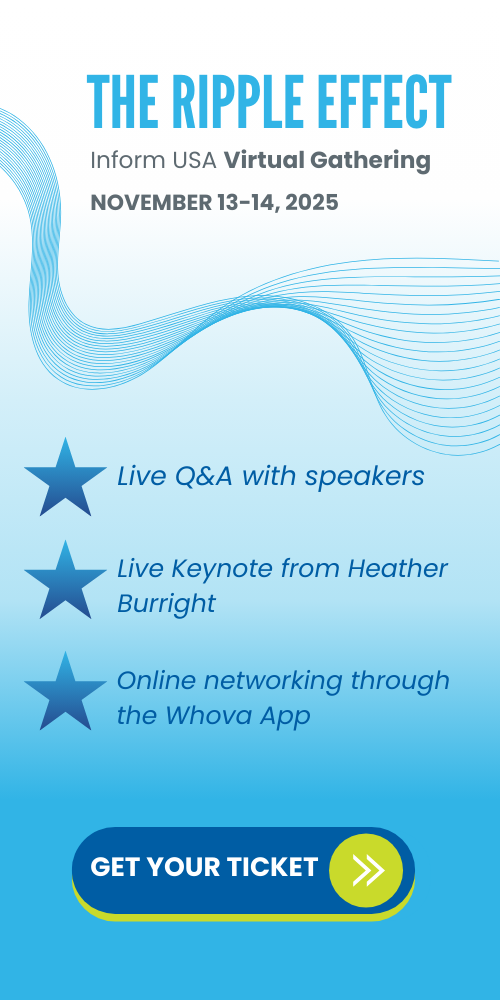What is I&R?
Also known as resource or community navigation
Information and Referral (commonly referred to as “I&R”) is the art, science, and practice of bringing people and services together. Often, it is referred to as community or resource navigation. When people look for community resources, our members are there for them, ready to make critical linkages with providers to meet those needs.
Who Uses Information and Referral?
The issues, questions, and solutions are as diverse as those seeking assistance and span the spectrum of human experience. This may include prenatal planning, childcare, education and training, housing, transportation, employment, emergency shelters, disaster services, mental health, and crisis assistance, financial aid, senior care, disease and health information, volunteer opportunities, relocation, new community orientation, and more.
Who Provides I&R?
Independent Nonprofits, Libraries, Faith-based Organizations, or Government Agencies at Every Level
I&R may be the leading service of an agency or a separate program within a multi-service organization. Some I&R agencies are comprehensive, providing information about all human services within a geographic area. In contrast, others are specialized, providing in-depth information about resources for specific populations such as older adults, children, victims of violence, military personnel and their families, or people with mental health issues.
How Does it Work?
Providers create and maintain resource databases of programs and services and share the information through various channels.
The databases contain vital information on community, social, health, and government programs and services and are kept up-to-date by trained Database Curators. People may receive assistance via the telephone, in-person office visits, online searches, instant messaging, and texting. Trained, empathetic Community Resource Specialists assess their needs in a non-threatening and non-judgmental manner to help them understand their situations and empower them to make informed decisions about possible solutions. Specialists can also advocate on behalf of individuals who need additional support. The services they provide are free, convenient, and confidential!

